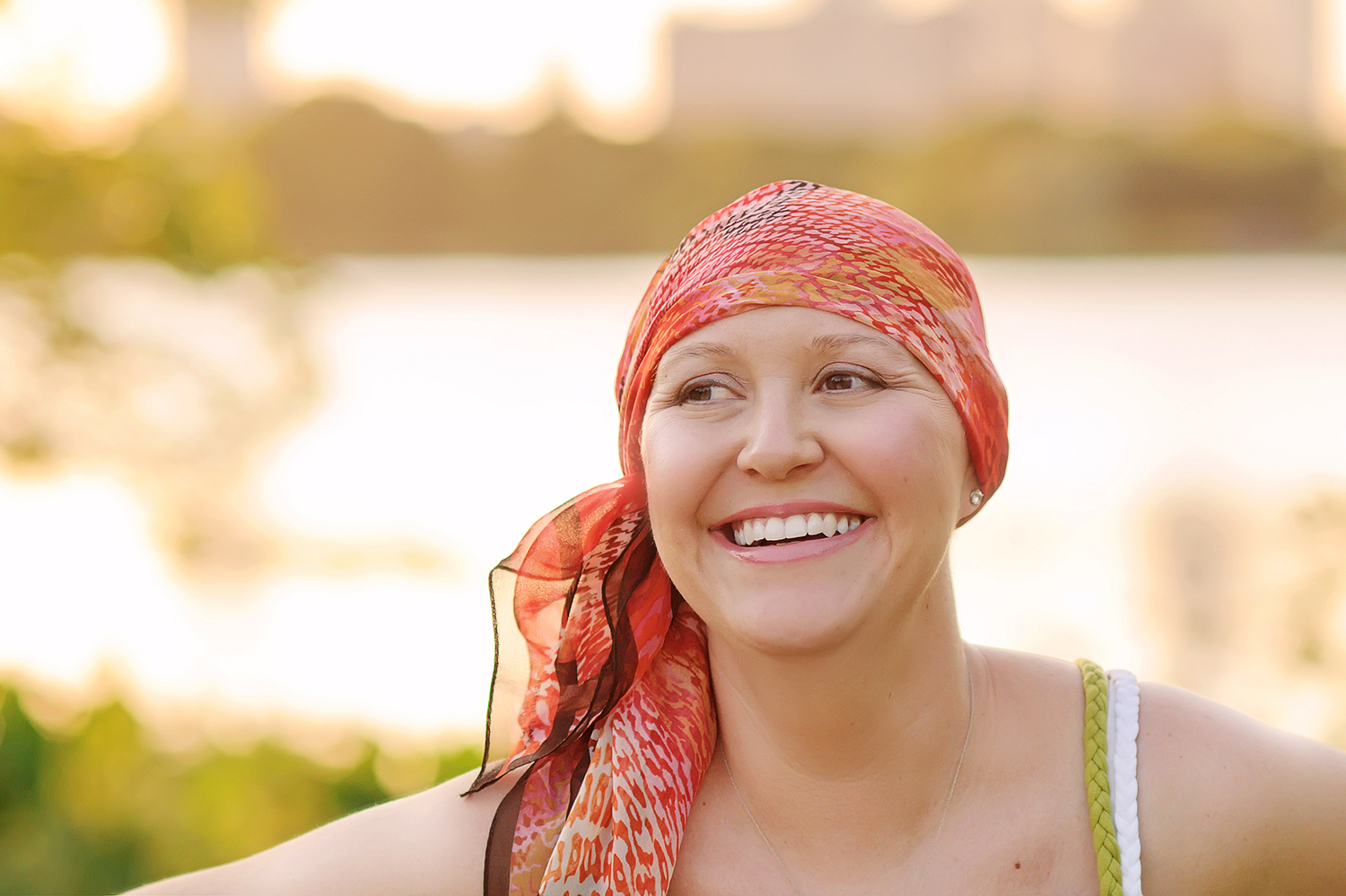European cooperation in the fight against cancer is indispensable / Making life easier for all those fighting cancer / Red carpet for cross-border research / Concrete measures must follow
Tomorrow the European Parliament will vote on the final report of the Special Committee on Beating Cancer. Since 2020, the fight against cancer has been a priority for the European Union. The Christian Democratic EPP group had convinced Commission President Ursula von der Leyen and successfully demanded a mandate for this Special Committee. "We want to make life easier for all those who are fighting cancer, especially patients and researchers," says MEP and health policy spokesperson of the largest group in the European Parliament (EPP-Christian Democrats) Dr med. Peter Liese. "Cross-border research is essential to fight cancer. This is true for all cancer types, but especially for the rare ones as well as those impacting children." According to Prof Angelika Eggert, Director of the Clinic for Paediatrics with a focus on oncology and haematology at the Charité in Berlin it is only through European cooperation that sufficient patients, for example for clinical trials, can be gathered quickly enough to introduce innovation in the market in a timely manner. However, researchers suffer from excessive bureaucracy and different regulations across the member states. "Change is needed urgently" says Liese. "We need a uniform implementation of the General Data Protection Regulation and a structure in the European Commission to which researchers can turn when they encounter obstacles, in order to then remove them together”. Both points are included in the text of the Special Committee. We want to facilitate cross-border research, rolling out the red carpet for researchers, rather than putting obstacles in their way" says Liese. In addition, MEPs call for tailor-made incentives to promote the development of medical drugs treating paediatric cancer as well as incentives to facilitate access to cross-border clinical trials," says Liese, who himself worked as a doctor in a paediatric clinic.
MEPs want to make life easier for patients, starting with treatments abroad being reimbursed more easily. "It can be vital to consult an expert abroad, for example if there is no specialist for a rare type of cancer in your own country. Treatment abroad can also make a lot of sense for very personal reasons, if, for example, the patient’s close relatives live abroad. After all, it is very human to want to be near ones relatives during chemotherapy or surgery. Yet, patients face many bureaucratic hurdles, even though the European Court of Justice has ruled in favour of the right to treatment abroad. We want an amendment to the Directive on Patients' Rights to make life easier for people. Cancer patients don't have time for long legal battles."
MEPs want to facilitate access to effective and low-priced medical drugs through joint tenders as in the case of vaccines. This is extremely important, especially for smaller and low-income Member States," says Liese. Pharmaceutical law is to be re-evaluated with a view to stronger incentives for real innovation. "In pharmaceutical law,
'me-too' does not mean anything good. It means that companies develop drugs that afford the respective company a piece of the pie in lucrative markets, rather than promising real added value. What is important for patients, are real innovations, e.g. based on mRNA technology."
In addition, the EPP Group also prevailed on the question of how to deal with cancer survivors. "Many people who have had cancer, for example as a child or young adult, are still discriminated against even decades later, given that access to insurance or credit may be more difficult to secure. This has to change, also through concrete legislation, e.g. in the framework of the European Insurance Distribution Directive".
Overall, Liese is very satisfied with the report of the Special Committee. "We had to make compromises in one or two places, but 80% of the report reflects the EPP position. Therefore, I firmly expect the majority of my colleagues to support the report. I also expect a large majority in Parliament. After that, the real work starts as our ideas must be quickly translated into concrete measures," says the doctor and MEP.
The template for the plenary vote is available here: https://www.europarl.europa.eu/doceo/document/A-9-2022-0001_EN.pdf


